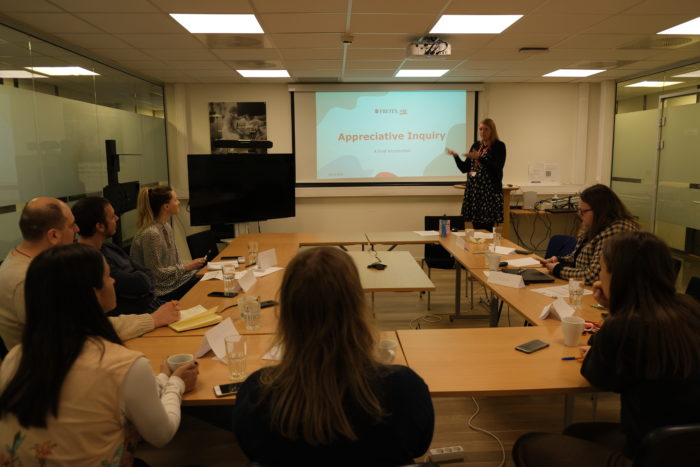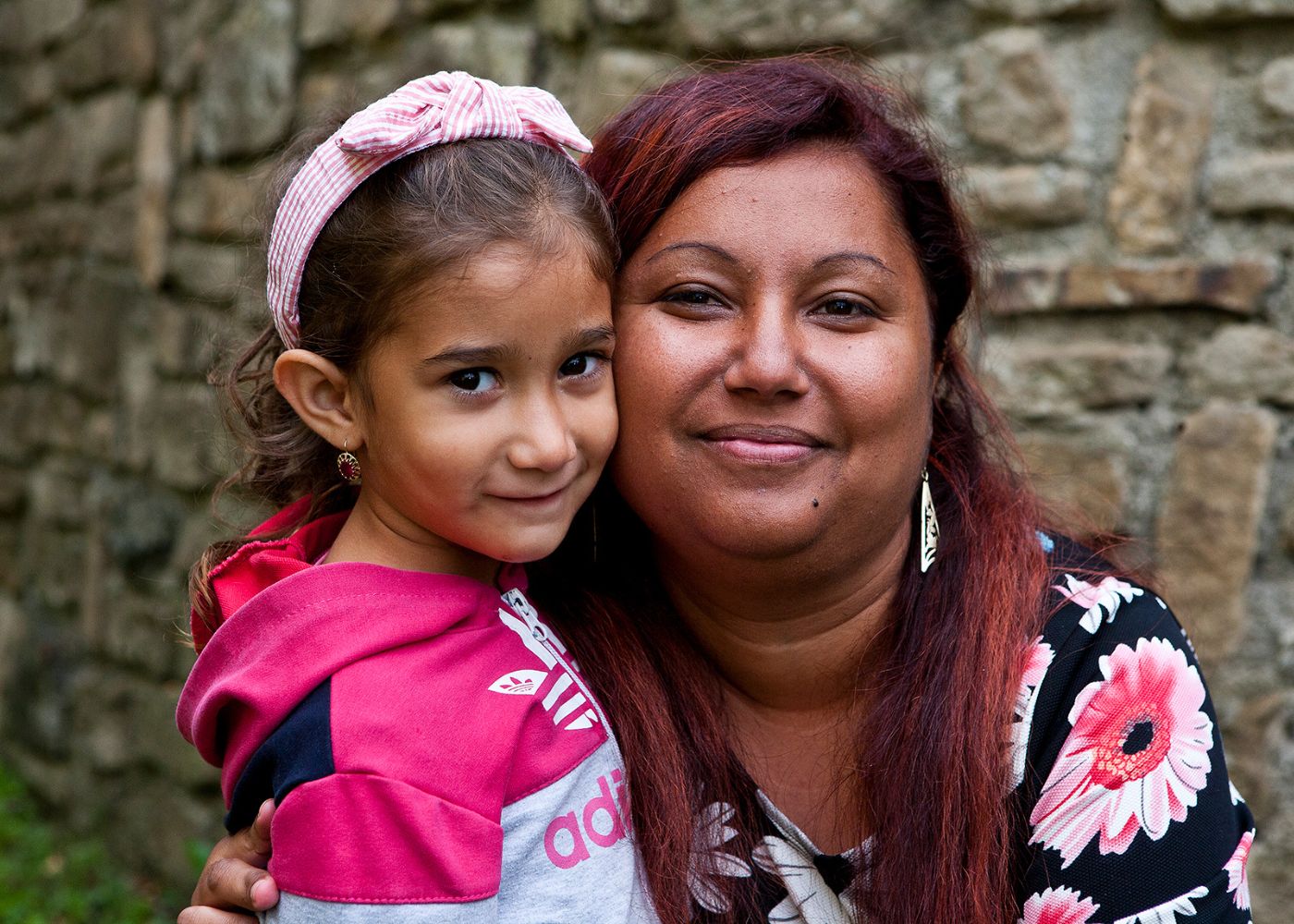They went all the way to Norway for inspiration: What did our colleagues learn about career counseling?
People are more motivated to work on themselves because they are supported by the state. Career counseling centers are adapted to the needs of target groups. Our colleagues Anastazij Momot, Zuzana Pápežová and Martin Holík had the opportunity to see for themselves about this and much more. At the beginning of April, they completed a business trip to Norway, where they visited the consulting organization Fretex Plus. Thanks to inspiring meetings and visits to the country, they got new ideas to improve our career counseling.
Career-oriented subjects have been added
Colleagues found that people with whom Fretex Plus works are more motivated to work on themselves because their efforts are supported by the state, usually in the form of material incentives. As part of their visit to Norway, they also visited the IUTH CENTER youth center and the Salvation Army cafe. According to them, these centers are maximally adapted to the needs of the target groups. During the four days they spent in Norway, they also learned something new about how the country’s education system works. In 2020, a major education reform was implemented there, when many theoretical subjects were removed. Thus, students have added subjects that can guide them on their career path. Among the novelties is a subject focused on self-knowledge or a subject intended for motivation to work and learning about work. Students there also have the opportunity to take part in a course designed to familiarize them with the school system in Norway in detail.People should be taught and led
Colleagues noticed changes not only in the educational system, but also in the forms of counseling. “They carry out exercises, not self-presentation activities, after each workshop the employees get feedback. Thanks to this, they know how to adapt the next workshop to a specific group,” explained Anastazij Momot. In addition, the employees of the centers build self-help groups and alliances within the communities, they look for leaders in the neighborhoods who would take on disadvantaged people and provide them with help in everyday life. In the case of individual counseling, the employees of the Norwegian centers approach each person individually. “They work with those who are interested and motivated. They start the interview with short questions and focus on the person’s abilities and skills. The structure of the interview is also aimed at finding out a person’s experience, values and dreams,” explained Anastazij. In addition to consulting work in the center, they also provide consulting in the field. The activities include an open cafeteria with food, where employees walk among people, map their needs and approach them for consulting. According to Anastazij, it is important to teach and lead people and not to do things for them – it is better to let them do it. “They have a lot of support from other professionals, such as psychologists or psychiatrists, the social worker oversees the process – helps to find a way for the person and oversees the direction,” said Anastazij.
Career counseling is also necessary here
Through the business trip, our colleagues had the opportunity to see how career counseling works in another country and to be inspired to introduce new ways of helping. This can subsequently help children from excluded communities escape the shackles of poverty and social exclusion. Career counseling in our centers is supposed to show children from excluded communities that study and education are important in life. “Career counseling should lead to the fact that children do not finish school in the 7th, 8th or 9th grade, but that they successfully finish elementary school and go on to study according to their own preference. Ideally, these children should also finish high school, and thus continue to apply themselves in life,” Anastazij explained, adding that this is the main idea of career counseling. As part of counseling, our colleagues focus mainly on children and young people between the ages of 12 and 15, as this age is crucial for setting a life path. They focus on working with Roma children and youth from different backgrounds, whether from small villages or urban conditions. The activities also include the inclusion of non-Roma children and youth, which aims to create friendly relations between children and youth from different backgrounds. This can help children from excluded communities to continue their education or employment in the future. Project LDI03023 “Development of career counseling skills for social inclusion” is supported by Norwegian funds and co-financed from the state budget of the Slovak Republic.








